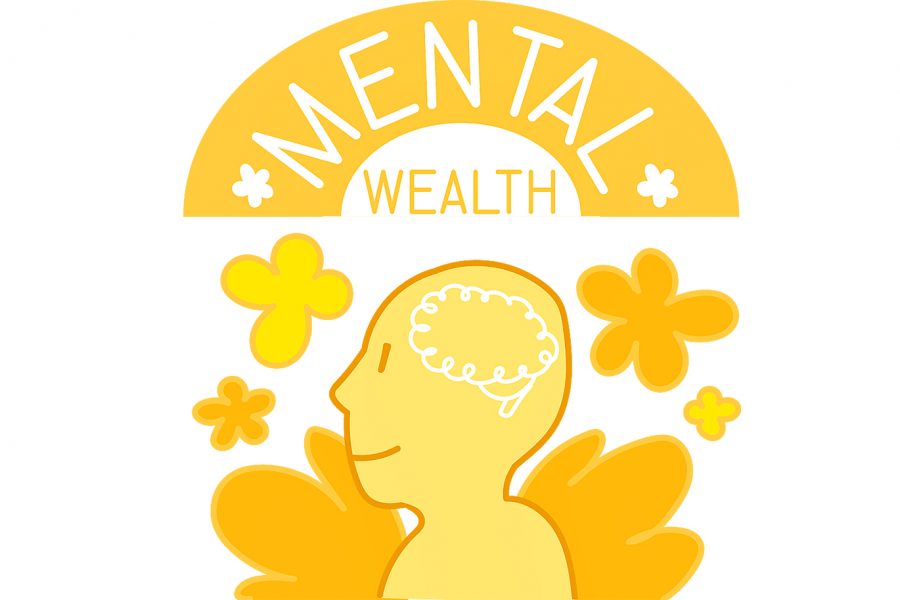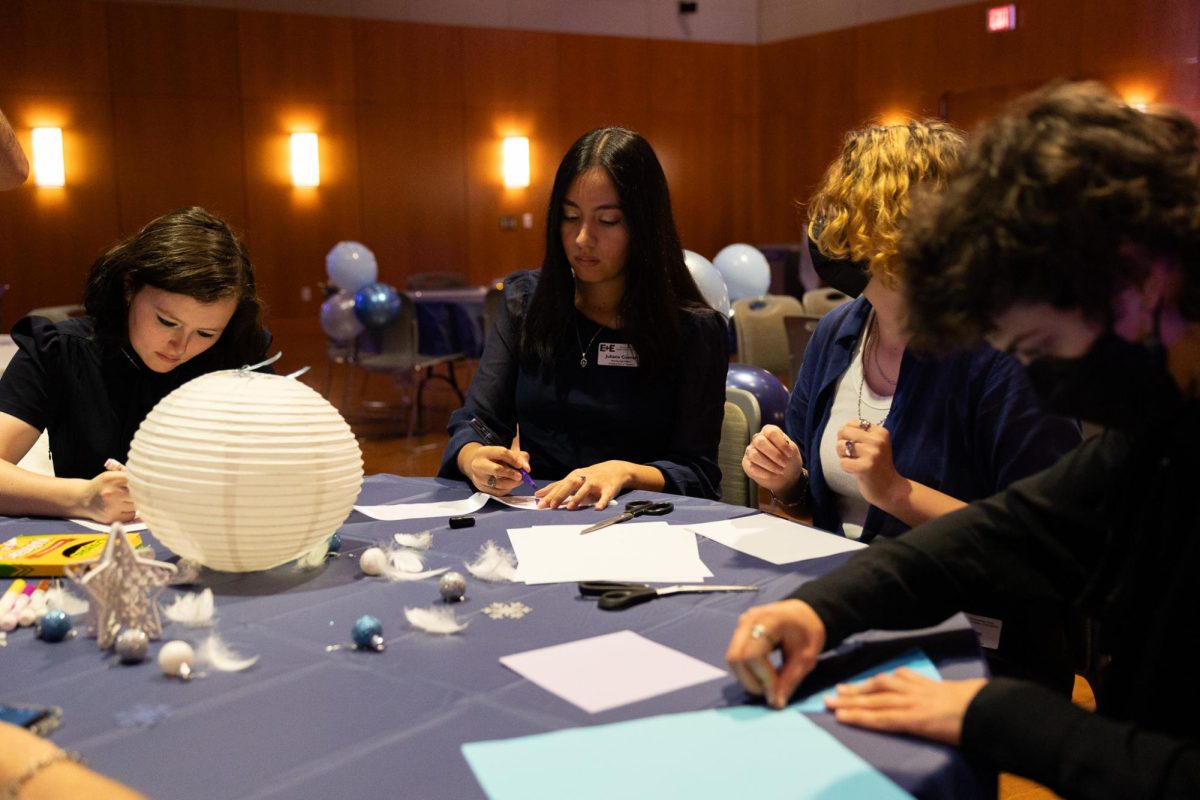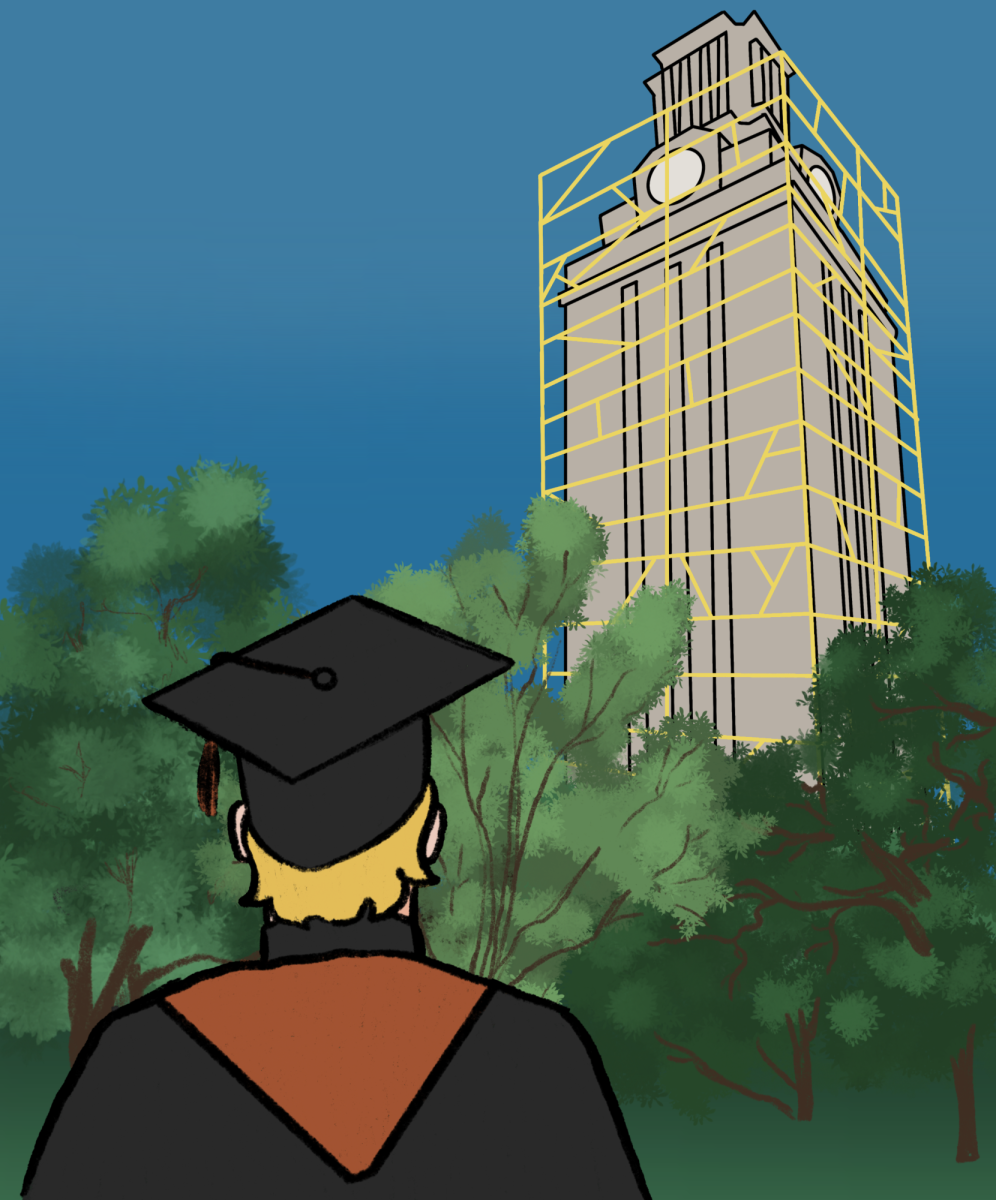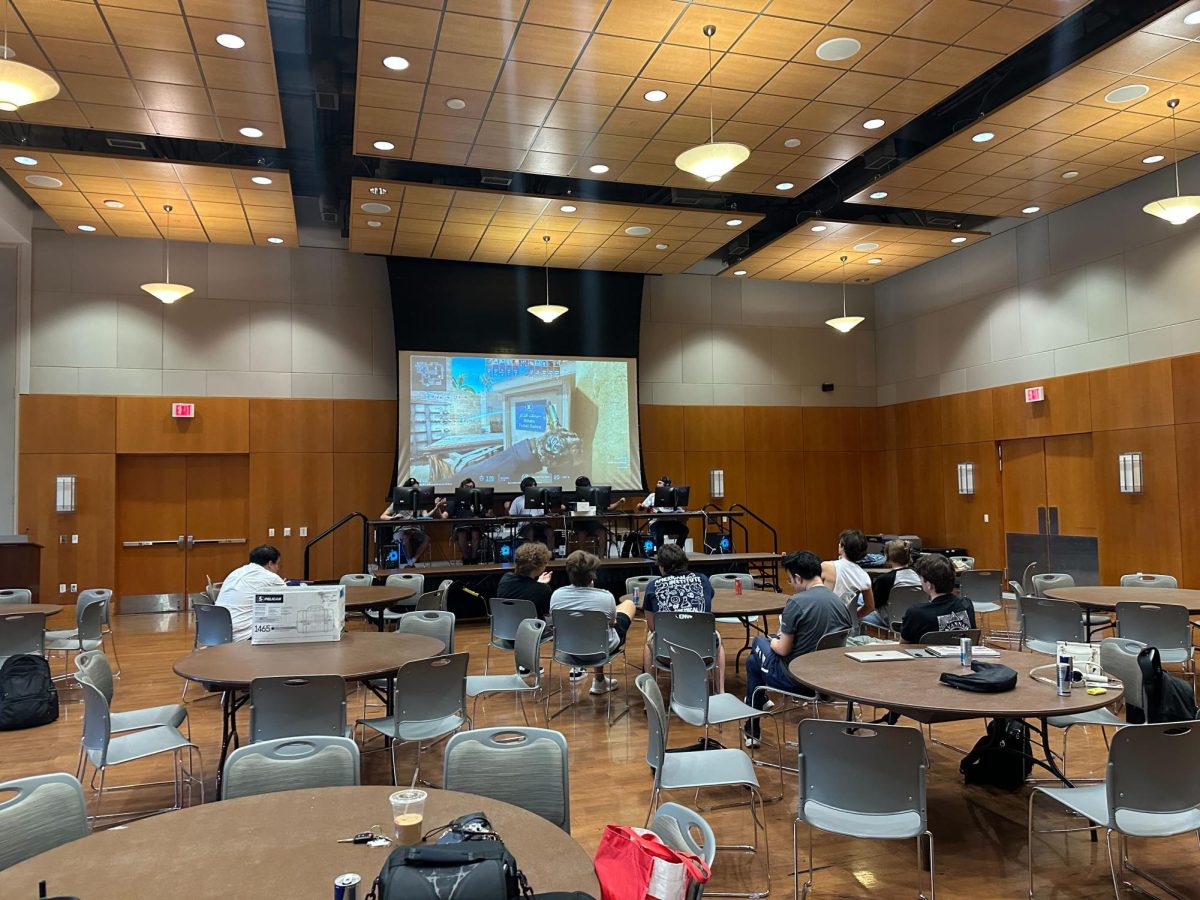Of the 13,750 students at UT who suffer from mental illnesses, only 2,334 registered with Services for Students with Disabilities under ADHD and psychological disabilities last spring.
SSD is a student success program at UT that ensures students with disabilities have equal access to academic experiences by determining eligibility and approving appropriate accommodations. For students with mental illnesses, SSD is logistically very easy to register for, however it is the silence of people involved that creates an emotional hurdle that can be difficult to get over.
With so few people registered and even fewer who openly address their involvement, the registration process can be lonely and isolating. The lack of communication causes students who may need to sign up, like I did, not do so because they feel alone.
There is a belief among students and faculty that registering for SSD is an “easy” process and therefore more students should do it. However, it can be difficult for those in different positions to recognize that asking for help with a highly stigmatized mental illness is difficult, and the loneliness it creates is part of the process.
This has been my first semester with SSD, and it has provided me with accommodations I didn’t even know were available. It has been important to my academic success and, most importantly, my mental well-being. However, deciding to register for it was one of the most difficult decisions I’ve ever made.
At 24 years old, I felt distant from my younger peers, and multiple mental illnesses only seemed to deepen that divide. It was as though signing up for SSD — no matter how necessary it was — would make the rift so large that fitting in would be completely out of reach.
While this concern weighed heavily on me, my anxiety had gotten to a breaking point and it was clear there was no other option than to register as soon as possible. But I refused to feel alone.
Eliminating physical loneliness was my key to completing the registration process. I asked two of my friends to go with me to the SSD office on the fourth floor of the Student Services Building. Much to my surprise, they came. The whole way there we talked about why signing up would be a great idea, and I was able to walk into the office and sign the forms with confidence.
Although SSD has been a key factor in my academic and mental success, the implications that may arise still weigh on me. After receiving accommodations, it seems like my 19-year-old peers are doing everything I am with little to no assistance and it feels like I should have my life more together by my age.
These are not abnormal concerns to have, but it is necessary to realize that they are only concerns and there is no way to tell who may need help but isn’t getting any. According to the National Alliance on Mental Illness, 40 percent of college students don’t seek treatment for mental illness in college.
Asking for help and allowing my friends to support me has taught me that despite what I felt going into this, I am not alone.





















